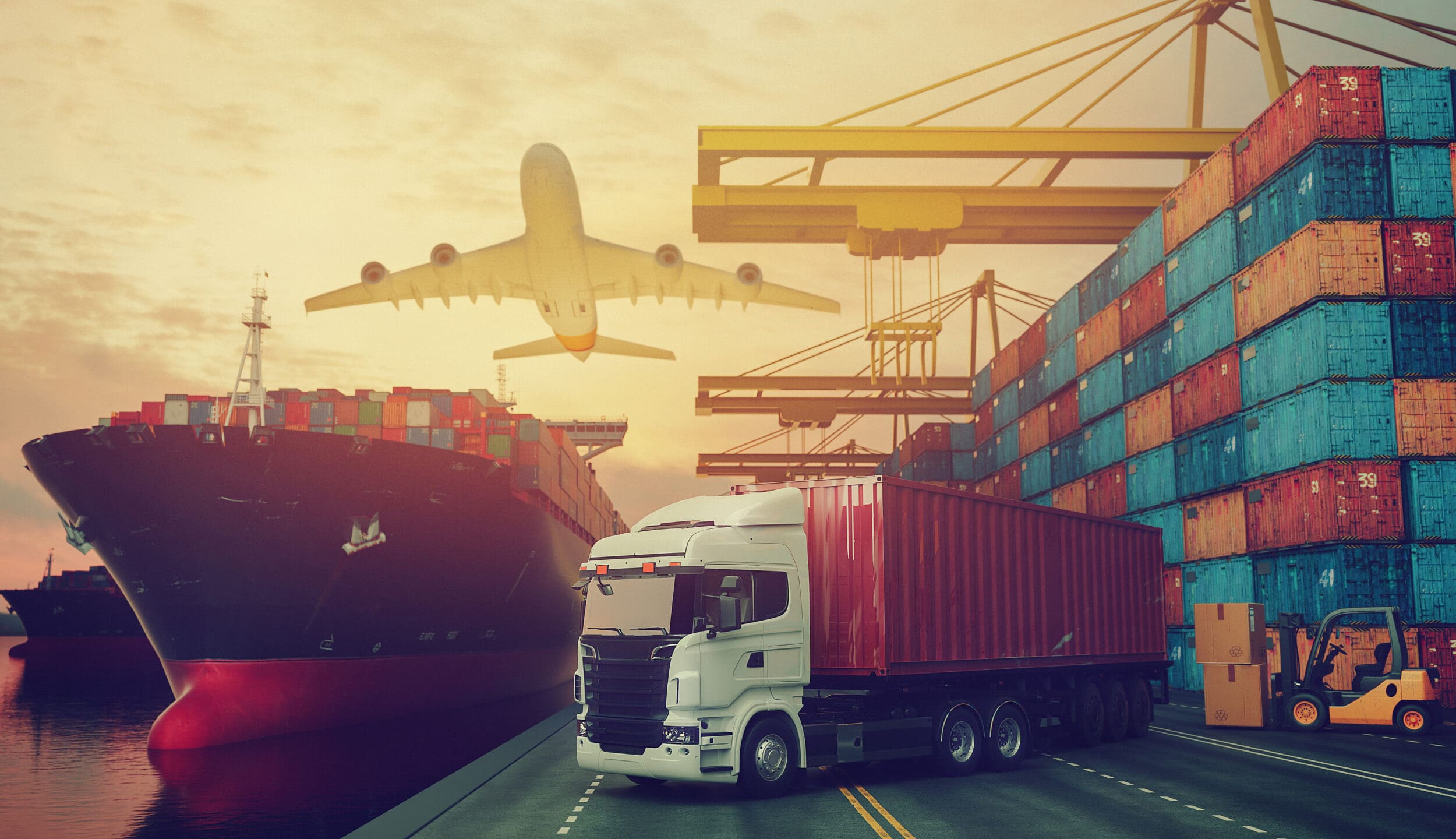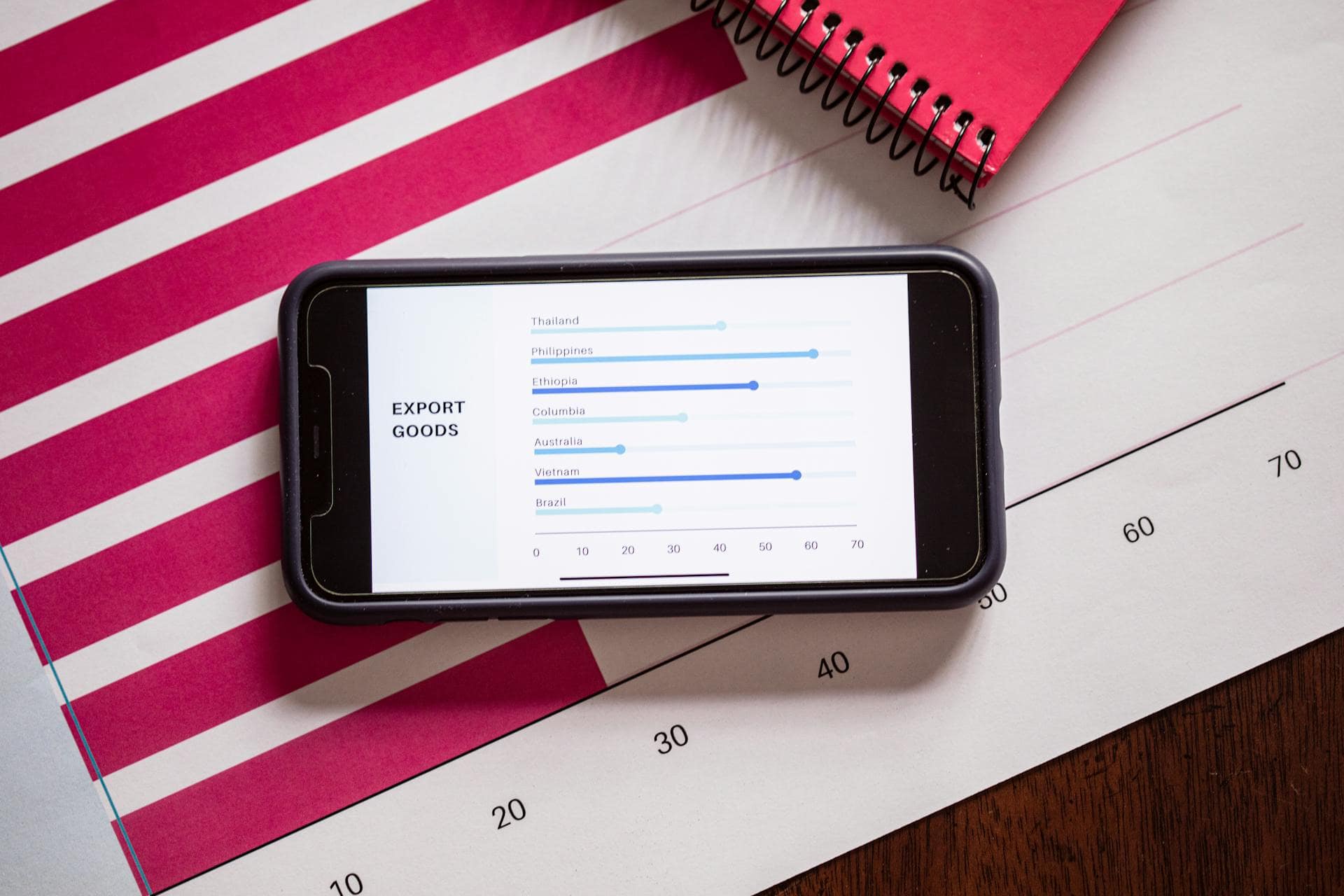In our interconnected world, the global defense trade offers both opportunities and challenges for companies grappling with the intricate web of international regulations. As businesses endeavor to broaden their horizons across borders, a keen understanding of compliance nuances, such as ITAR license requirements, becomes paramount. Picture navigating a maze with shifting walls and new doors appearing at every turn – a metaphor for the complexities of managing import and export regulations for defense products without the right tools and knowledge. The stakes are high, and non-compliance penalties are severe.
Fear not, as this blog serves as your compass, guiding you through the fundamentals of ITAR, including the importance of obtaining an ITAR license, illuminating its significance, and demonstrating how the utilization of ITAR compliance strategies can transmute this formidable task into a strategic advantage.
Understanding ITAR
What is ITAR?
The International Traffic in Arms Regulations (ITAR) represents a set of United States government regulations that control the export and import of defense-related articles and services on the United States Munitions List (USML). At its core, ITAR is designed to protect U.S. national security and further U.S. foreign policy objectives. It ensures that military and defense-related technologies do not fall into the hands of entities that could threaten the safety and security of the United States and its allies. To achieve this, companies must often secure an ITAR license for exporting controlled items.
ITAR compliance is not just a legal requirement but a critical component of national security. It governs everything from physical items, such as firearms and military vehicles, to technical data, including blueprints, plans, and even email communications regarding defense articles. The regulations require that companies, researchers, and individuals obtain approval from the State Department, typically in the form of an ITAR license, before exporting controlled items or sharing related technical data with foreign nationals.
Who is Affected by ITAR?
ITAR’s reach is extensive, affecting a broad spectrum of entities engaged in the manufacture, sale, and distribution of defense and military-related technologies. This includes:
- Manufacturers and Exporters: Companies producing or intending to export defense articles listed on the USML must register with the Directorate of Defense Trade Controls (DDTC) and comply with ITAR regulations and secure any applicable ITAR license.
- Defense Contractors and Suppliers: Contractors and suppliers working with the U.S. Department of Defense (DoD) or other allied governments, supplying everything from equipment to consulting services, must ensure ITAR compliance and often need an ITAR license.
- Research Institutions and Academics: Universities and research institutions involved in research or teaching related to defense technologies must navigate ITAR restrictions, this may require an ITAR license especially when foreign nationals are involved.
- Logistics and Shipping Companies: Entities responsible for the physical transportation of defense articles across international borders must also adhere to ITAR regulations, including obtaining the necessary ITAR licenses, to prevent unauthorized transfers.
The implications of ITAR are far-reaching, impacting not just large defense contractors but also smaller companies and startups entering the defense market. Even non-defense companies can find themselves subject to ITAR if their products or technologies are deemed to have military applications. As global trade continues to evolve, understanding the scope and impact of ITAR is crucial for anyone involved in the defense industry or dealing with items on the USML.
The Importance of ITAR Compliance
Compliance with the International Traffic in Arms Regulations (ITAR) is not merely a regulatory hurdle; it’s a vital element of national security and international diplomacy. For companies in the defense sector, adherence to ITAR is essential for several reasons:
- Protecting National Security: By controlling the export of defense-related technology and services, ITAR plays a crucial role in ensuring that sensitive information and capabilities do not fall into the hands of potential adversaries, thereby safeguarding national security.
- Maintaining Global Partnerships: Compliance with ITAR regulations is also key to upholding and fostering trust between the United States and its allies. It ensures that international collaborations and defense contracts are executed within a secure and regulated framework.
- Avoiding Legal and Financial Penalties: Non-compliance with ITAR can result in severe consequences, including hefty fines, loss of export privileges, and even criminal charges. These penalties can not only damage a company’s financial health but also its reputation and ability to conduct business in the defense sector.
Understanding and adhering to ITAR is, therefore, not just about following the law but also about contributing to a larger framework of international security and cooperation.
Challenges in Navigating ITAR Regulations
Despite the critical importance of ITAR compliance, navigating these regulations presents several challenges for companies:
- Complexity of Regulations: ITAR’s rules are complex and subject to frequent updates, making it difficult for companies to stay informed and ensure ongoing compliance.
- Broad Scope of Controlled Items: The wide range of items under ITAR control, from physical equipment to technical data and services, requires companies to thoroughly understand and classify their products and technologies.
- Global Workforce and Partnerships: The international nature of the defense industry, with its global supply chains and collaborations, adds another layer of complexity. Companies must ensure that their international dealings and even their workforce comply with ITAR restrictions.
- Technology Transfer Risks: In today’s digital age, the risk of unintentional technology transfer through electronic communications or data sharing is heightened, demanding robust IT security and compliance protocols.
ITAR Compliance Strategies
To effectively navigate these challenges and ensure ITAR compliance, companies can adopt several strategies:
- Comprehensive Training: Ongoing ITAR training programs for all relevant employees, including those in engineering, sales, and shipping, ensure they understand the regulations and their responsibilities.
- Trade Compliance Software: Utilizing tools like OCR’s Global EASE which is a comprehensive suite of solutions for end-to-end trade compliance excellence.
- Internal Compliance Programs: Establishing robust internal compliance programs that include regular audits, risk assessments, and procedures for handling controlled items and technical data. These programs should also have clear reporting lines for compliance issues.
- Collaboration with Legal Experts: Working with legal experts who specialize in ITAR and international trade law can provide companies with the guidance needed to navigate complex regulatory landscapes and make informed decisions.
- Technology Controls: Implementing strict IT security measures to prevent unauthorized access to controlled technical data and ensuring secure communication channels for sharing such information, both internally and with international partners.
By employing these strategies, companies can not only achieve compliance with ITAR but also position themselves as responsible and trusted partners in the international defense community. The journey through ITAR compliance is challenging, but with the right tools and approaches, companies can navigate this landscape effectively, ensuring their contributions to global security and their success in the defense sector.
Navigating Defense Exports With OCR+Descartes
In the domain of defense exports, compliance is non-negotiable. Global EASE from OCR+Descartes emerges as a comprehensive solution, empowering organizations to navigate ITAR regulations with confidence.
By integrating automation, real-time updates, and customizable workflows, Global EASE ensures that defense exports are not only compliant but also streamlined and efficient.
In a world where national security hinges on adherence to regulations, Global EASE stands as a trusted ally for organizations venturing into the complex landscape of defense exports. Learn more about Global EASE today and what it can do for your organization.



